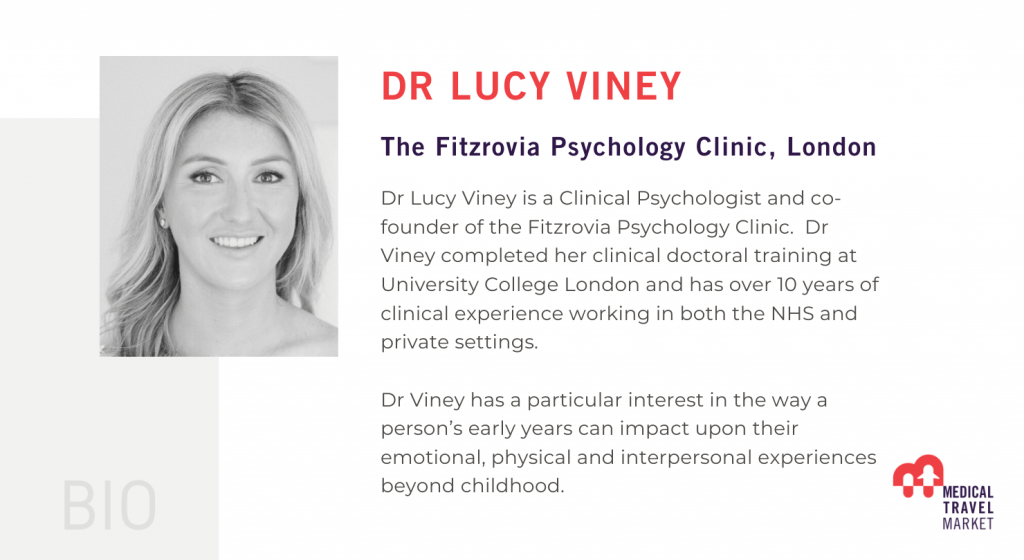
Most children will likely have now heard about the Coronavirus outbreak and noticed the changes going on around them. Some of the changes, like people wearing face masks, seeing depleted supermarket shelves and schools closing can be scary for children. Trusted adults in a child’s life play an important role in helping them make sense of what they hear in a way that is honest, accurate and minimises fear and anxiety.
Here is some advice on how to support children during the current COVID-19 pandemic.
1. Do not be afraid to discuss the coronavirus with your child
Children tend to worry more when they are aware that something is being kept from them and which is not open to discussion. If they are around when the news is on at home or are overhearing other people talking about what’s going on, it’s likely they are picking up lots and lots of information, which may feel scary and overwhelming for them. Your goal is to help your child feel informed and get fact-based information that is likely to be more reassuring than whatever they’re hearing from their friends or on the news.
2. Allow your child space to share their worries and fears
Recognise and normalise their feelings as much as possible. For example, you could say:
I understand that all these changes are making you feel worried. It’s OK to feel worried when everything seems different. I’m so pleased you have let me know how you’re feeling.
3. Identify non-verbal opportunities for emotional expression
Children are constantly in the process of developing their own understanding of their emotions and can often struggle to find ways to communicate or express how they are feeling. Some children respond very well to non-verbal opportunities for emotional expression. For example, it can be helpful to draw pictures of things that your child has noticed each day or to ask them to choose some music to listen to together that reflects how they are feeling.
4. Focus on what you’re doing to stay safe and healthy
An important way to reassure children is to focus on what you’re doing to stay safe and healthy; for instance, hand washing, taking once-daily exercise or maintaining social distancing by communicating with friends and family online. This is empowering for children because it gives them tools and knowledge to help keep themselves and others safe, and something that they can focus on.
5. Establish a daily routine
Try to establish and keep a daily routine going as much as possible. It can be helpful to integrate activities that you used to do before the coronavirus outbreak, such as eating together, watching a TV show or going to for an evening walk.
6. Find regular opportunities for meaningful connection
Children’s psychological health and wellbeing benefits immensely from regular opportunities for meaningful connection with their parents. This increases their sense of safety and security as a direct response to their feelings of connection with you. If possible, try to find an opportunity each day to spend between 5-60 minutes of ‘special time’ with each of your children.
The basic premises of ‘special time’ are that you specify the length of time (which is determined by however much you can manage that day) and the location, and your child chooses the activity. This ‘special time’ should be free from any external distractions, such as phone calls.
7. Look after your mental wellbeing too
Practice self-care and invest in your own wellbeing. Having children home from school, overseeing their education and trying to hold down a job by working from home can feel very stressful and overwhelming for parents. It’s important to remember that you can only do what you can manage at this time and that every day doesn’t have to be ‘perfect’.
Written by Dr Lucy Viney
To find out more about Dr Lucy Viney and the services offered at The Fitzrovia Psychology Clinic in London, please visit thefitzroviaclinic.com















